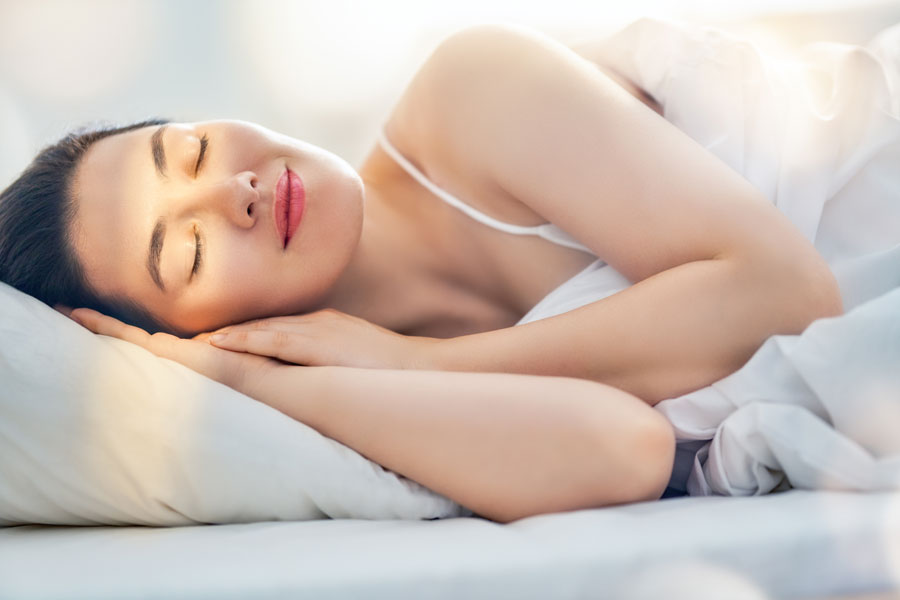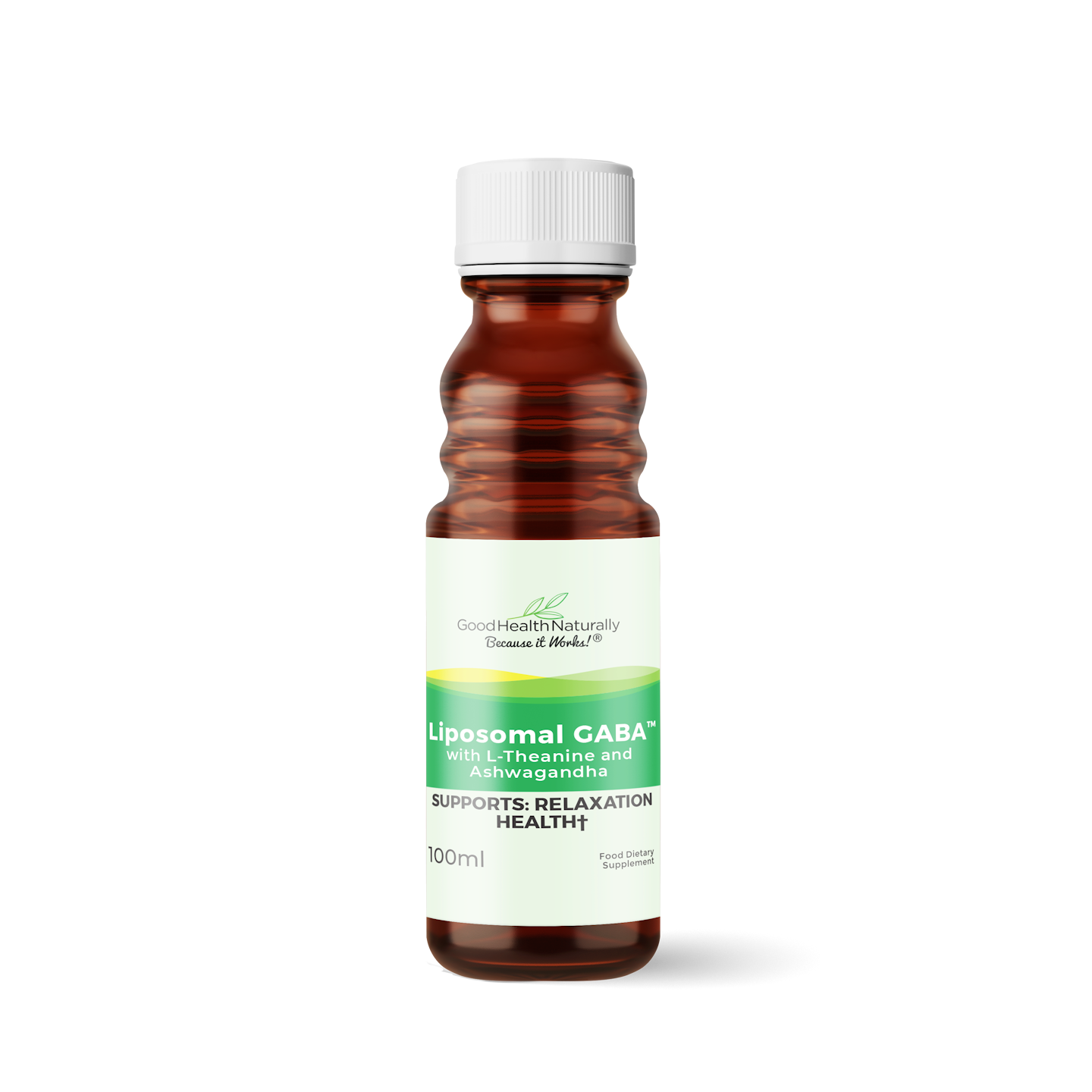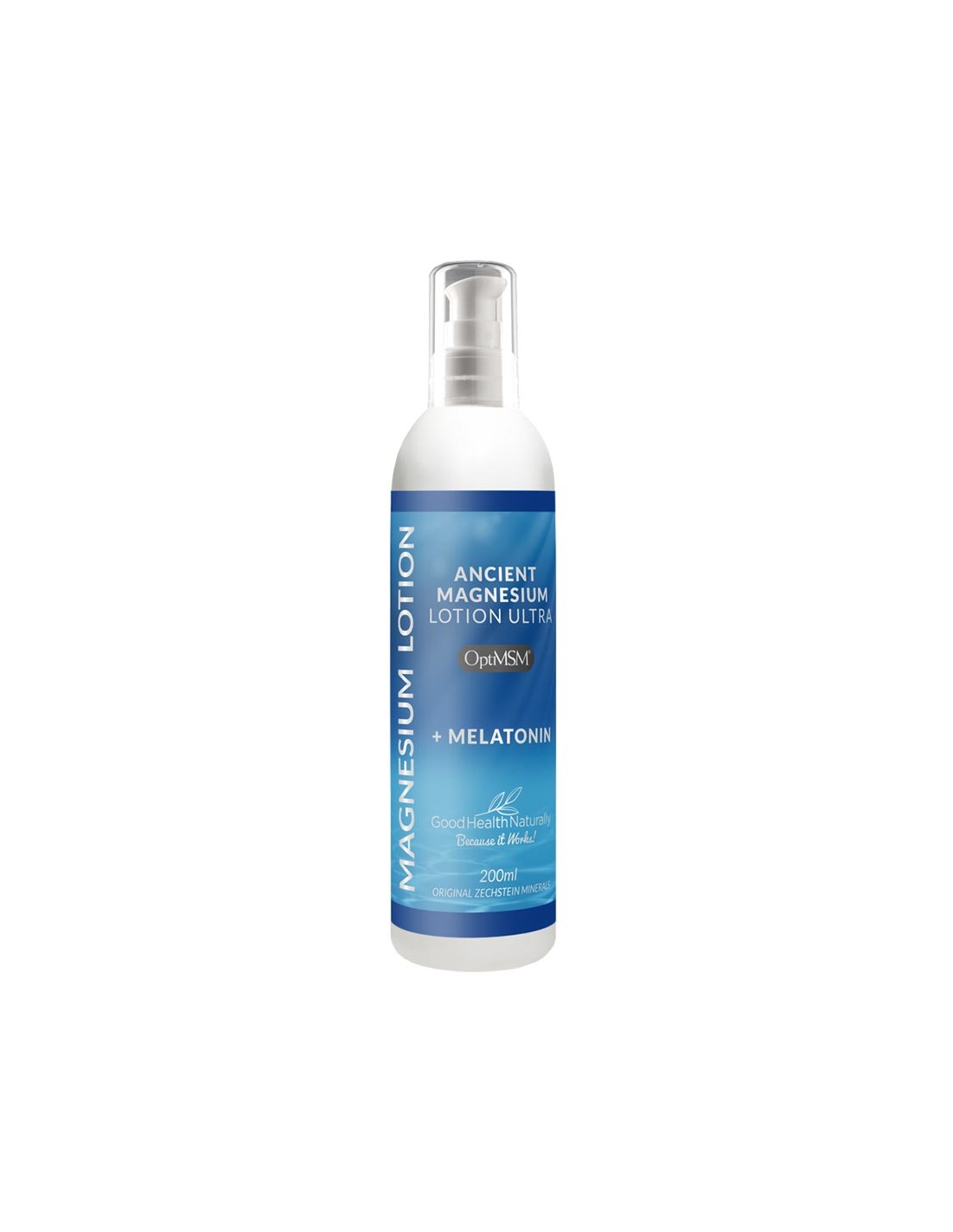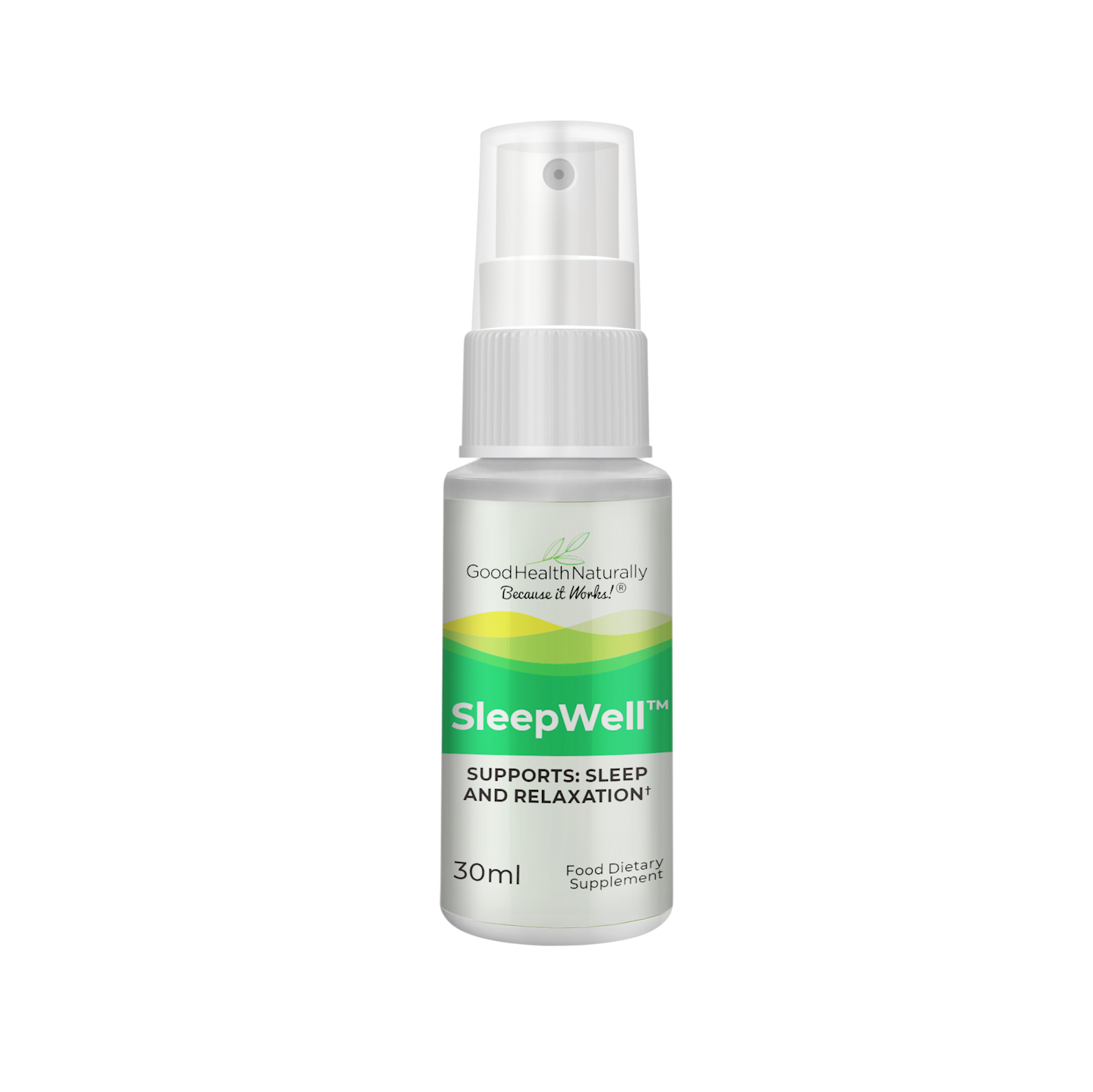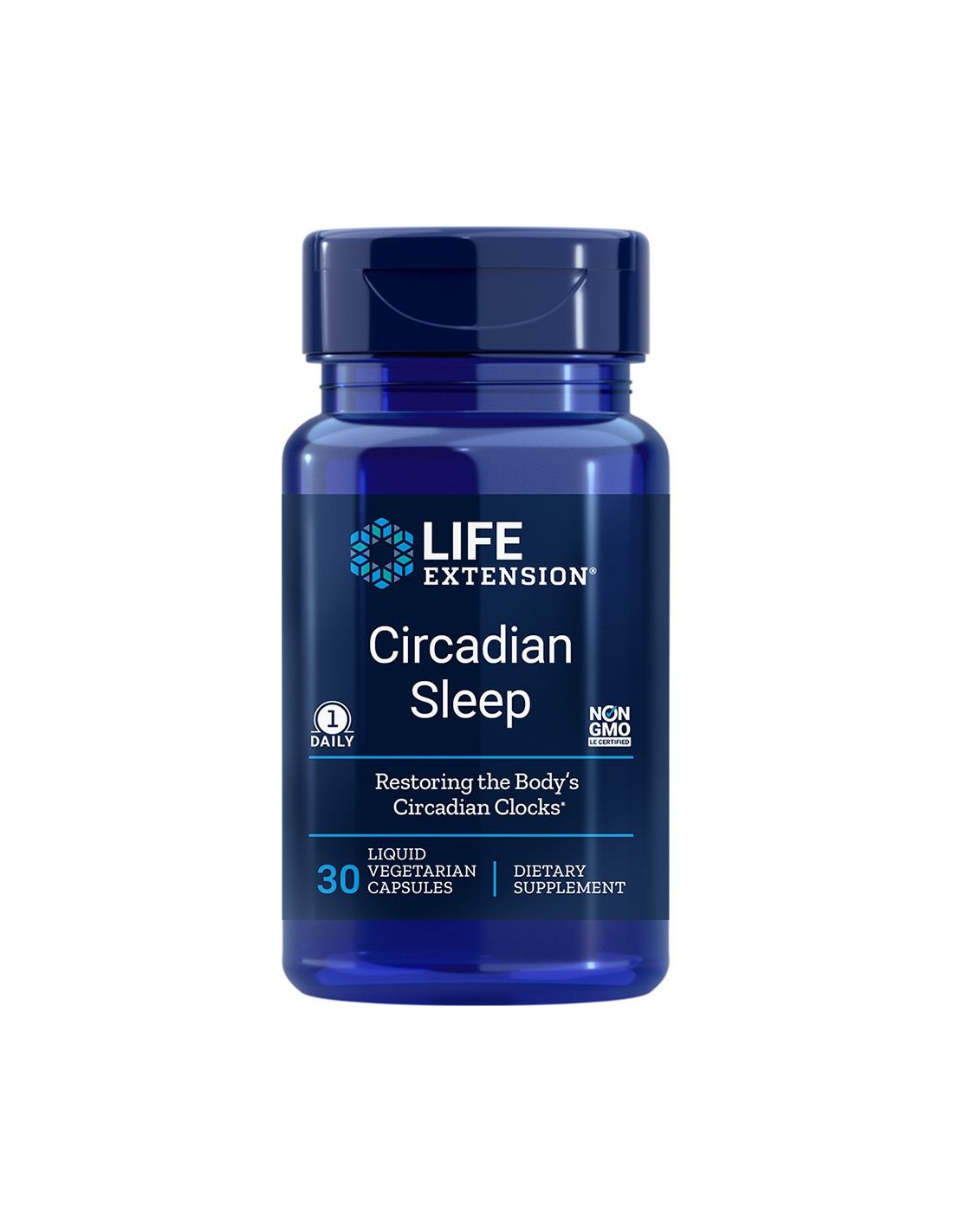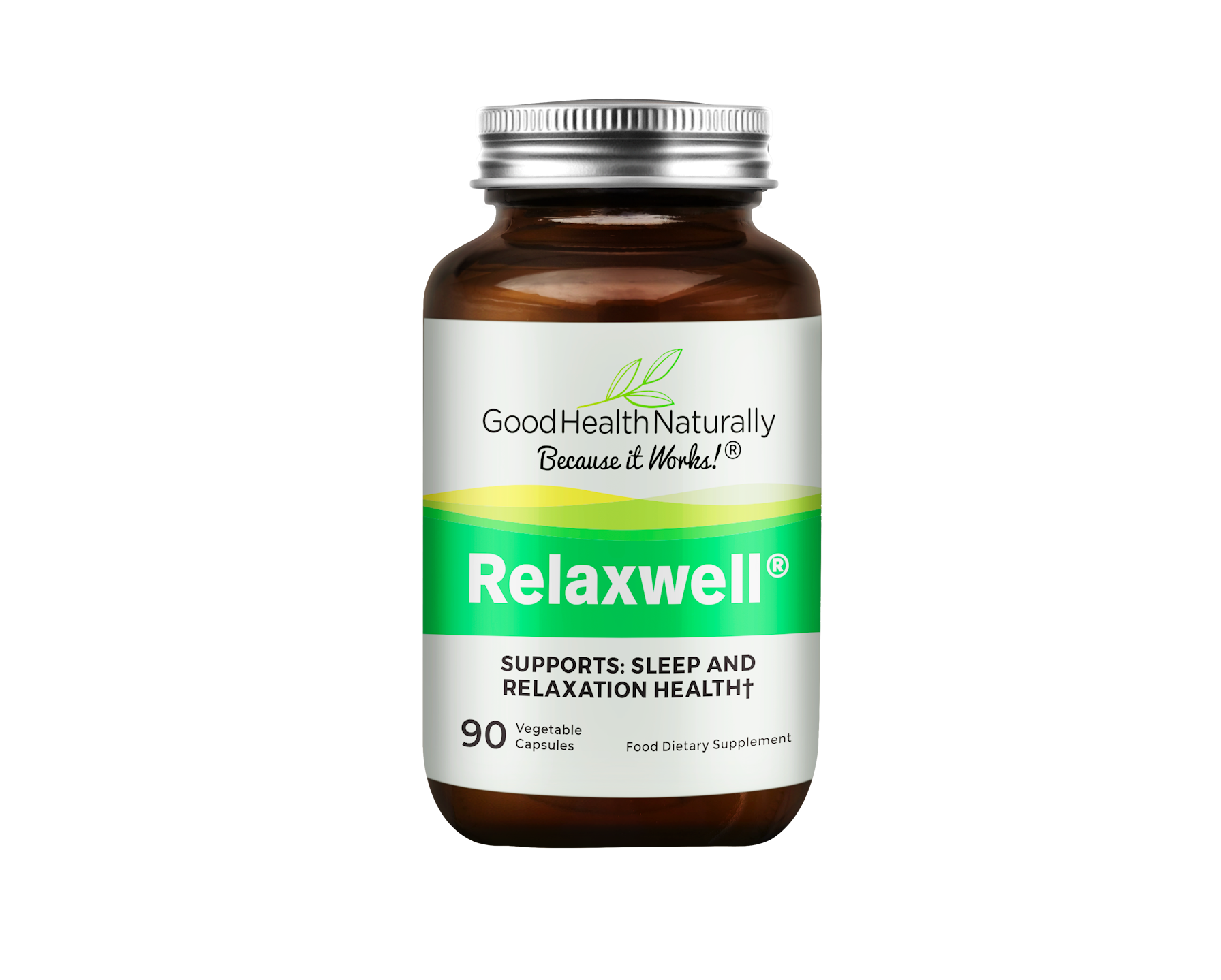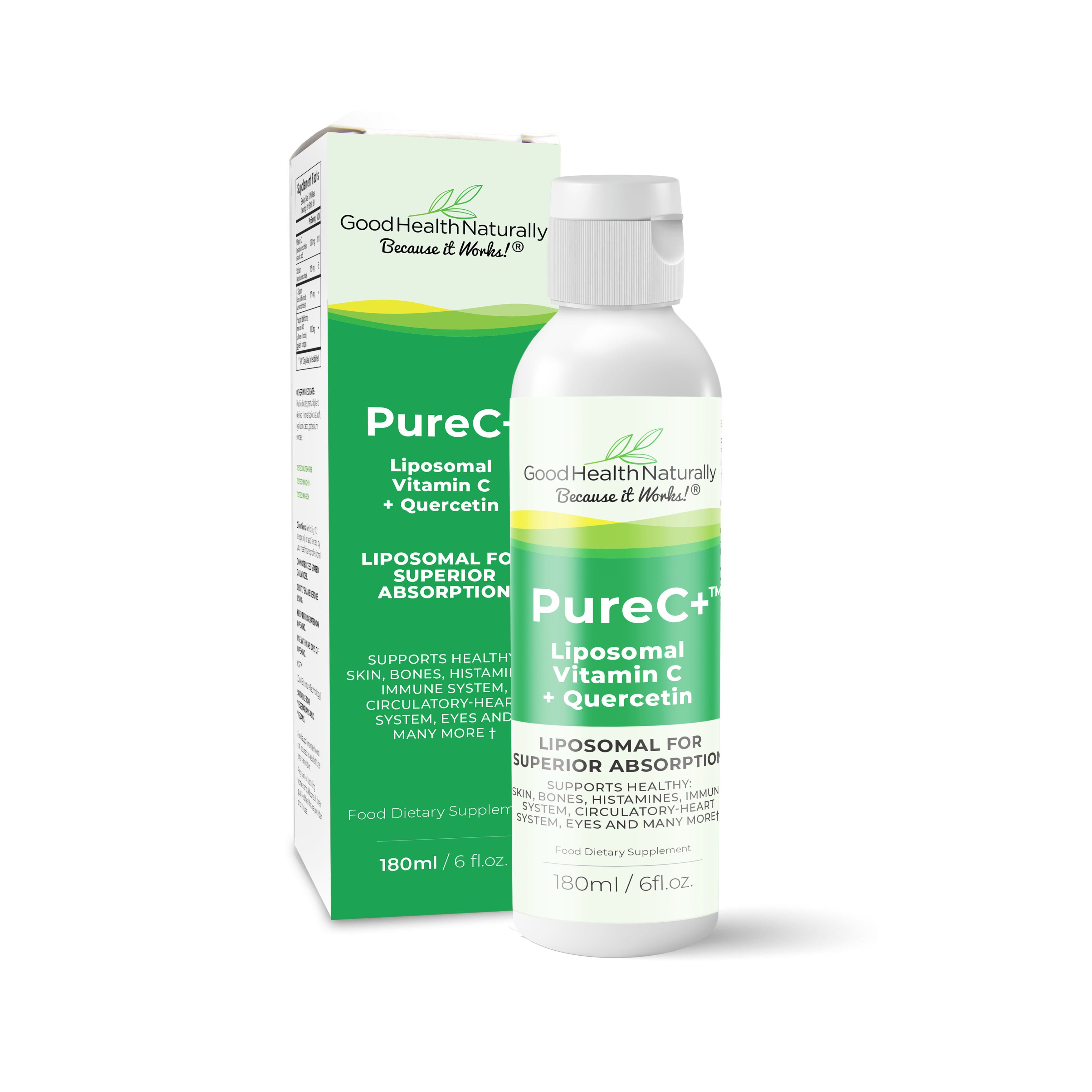Do you struggle to get a good night’s sleep? As it’s World Sleep Day on March 18th, this is a great time to bring awareness to whether you’re getting enough sleep and to find new ways to improve your overall sleep duration and quality.
Sleep disorders and insomnia are common, affecting as many as 16 million UK adults. While nearly a quarter manage no more than five hours of sleep each night. Sleep deprivation has been shown in research to increase the risk of serious health conditions such as diabetes, cardiovascular disease, heart disease, high blood pressure, obesity, cognitive and memory decline along with depression amongst other issues. [1]
Thankfully there are some simple solutions that can help you to achieve a better night’s sleep. Here are our top recommendations to encourage a restful sleep…
1. Prepare Your Bedroom
Your bedroom should be a peaceful sanctuary for you to relax in. Creating a calm and peaceful space can encourage deeper relaxation, preparing you for a good night’s sleep. Tidying away any clutter is recommended as this can have an impact on the general atmosphere of your bedroom – and in turn can have an impact on your mindset.
Ensuring you have a comfortable mattress to lay upon is essential. Warm lights are recommended for a better night’s sleep as they are easier on the eyes. Avoiding blue light exposure especially from computer screens is advisable because this can suppress the body’s release of melatonin, a hormone that can make you feel drowsy.
By avoiding blue light exposure and ensuring the room has a quiet and dark atmosphere, you can get more in tune with your body’s circadian rhythms that may help you to improve your sleep.
2. Deep Breathing Exercises
Practicing deep breathing exercises from the diaphragm can help you to relax your nervous system, reducing any stress or anxiety. Taking deep breaths from the diaphragm is one of the easiest ways to engage your body’s natural relaxation response. This can help to slow your breath and create a sense of calm.
A simple exercise you can do to relearn correct breathing is to lie flat on your back on the floor, on a mat or a blanket on a firm bed. Breathe in deeply through the nose so that your stomach or diaphragm rises and then release through your nose so that your stomach deflates. Using this process can release any tension on the exhale. During the exercise, your chest should not move and should remain relaxed with stress-free breathing.
3. Set Up A Routine
Humans are creatures of habit and establishing your own bedtime routine each night can help to prepare your mind and body for relaxation. Calming activities that may help before bedtime include taking a warm bath, journaling, reading or meditation.
Going to bed at the same time every night is recommended as this can help your body’s sleep-wake cycle to become more consistent. Adults are recommended to get at least seven hours of sleep a night for best health and wellbeing.
4. Take a Melatonin Supplement
As a hormone primarily released by the pineal gland at night, Melatonin is associated with the sleep-wake cycle. It occurs naturally in the body and can help to control your sleep patterns. By taking a melatonin supplement, it can work with your body’s circadian rhythm to help prepare you for sleep. Your melatonin levels can rise at night as a response to darkness and decrease in the morning in response to light. Melatonin is also essential for your immune defenses.
5. Increase Your Magnesium Levels
Being an essential mineral, research shows that Magnesium may help to improve insomnia symptoms. Several studies show that Magnesium acts on the nervous system to help you to achieve a deeper and more restful sleep. In one study, older adults were given 500mg of Magnesium or a placebo. It was determined that the magnesium group had a better quality of sleep. The response group also exhibited higher levels of renin and melatonin, two hormones that can help to regulate sleep. [2]
6. GABA
By acting as a calming neurotransmitter, GABA (Gamma-aminobutyric acid) works to support your body’s overall rest and relaxation. If your GABA levels are low, then it’s more difficult to relax if you’re feeling stressed. Low GABA levels are also linked to insomnia and disrupted sleep. Research shows that taking GABA can support your body’s natural relaxation and one study found that when GABA levels are low, it corresponds to more restless, wakeful sleep. [3]
7. Boost Your L-Tryptophan Intake
L-Tryptophan is an essential amino acid that plays a powerful role in creating serotonin. Taking L-Tryptophan can help as research shows that serotonin can support a good night’s sleep by regulating this “feel good” chemical. Along with regulating a person’s mood and anxiety, L-Tryptophan has been shown in studies to create positive mood changes that can reduce symptoms of anxiety or depression. [4]
You can discover more about how to enjoy a peaceful night’s sleep in Robert Redfern’s latest webinar here: https://naturallyhealthynews.com/webinar/
What’s your favourite way to relax and enjoy a restful sleep? Let us know in the comments below!
References:
[1] https://www.ncbi.nlm.nih.gov/pmc/articles/PMC5449130/
[2] https://pubmed.ncbi.nlm.nih.gov/23853635/
Recommended Examples
Liposomal GABA with Ashwagandha and L-Theanine
Liposomal GABA with Ashwagandha and L-Theanine – Powerful and fast-acting Liposomal GABA for effective support during times of anxiety and stress. Combines GABA that acts as a “calming” neurotransmitter to support the body’s rest and relaxation. Combines L-Theanine to calm and balance moods and Ashwagandha to manage stress and insomnia. Available from Good Health Naturally.
Ancient Magnesium Lotion Ultra OptiMSM + Melatonin
Ancient Magnesium Lotion Ultra OptiMSM + Melatonin – Ancient Magnesium Lotion provides all the benefits of Magnesium with OptiMSM, for enhanced skin cell absorption. Magnesium Oil combined with shea butter, sweet almond oil, and other organic ingredients to make this the only daily moisturiser you need. The addition of Melatonin can promote relaxation and improve sleep. Suitable for vegetarians and vegans. Available from Good Health Naturally.
SleepWell™
SleepWell™ – A synergistic blend of 5-HTP, Melatonin, Valerian Root, Passiflora, Hops, MSM and Vitamin B3. It May help with the relief of insomnia, anxiety and other sleep issues. Suitable for vegetarians and vegans. 30ml. Available from Good Health Naturally.
Circadian Sleep
Circadian Sleep – Uses Melatonin to reset circadian rhythms and improve your overall health, encouraging a better sleep. Restores a natural sleep-wake cycle and brings your body clock back into balance. Available from Good Health Naturally. Please call to order.
RelaxWell®
RelaxWell® – A special formula of L-Tryptophan, L-Theanine, Vitamin B3 and B6 to support a better night’s sleep and relaxation. Suitable for vegetarians and vegans. 90 capsules. Available from Good Health Naturally.
PureC™ Liposomal Vitamin C with Quercetin
PureC™ Liposomal Vitamin C with Quercetin – Powerful anti-inflammatory and antioxidant support, providing 1000mg of high-quality Liposomal Vitamin C, along with 175mg C-Support (citrus bioflavonoids, quercetin), plus 1000mg Phosphatidylcholine (PC) per serving. Vitamin C can support immune function, brain health, blood sugar, and heart health. Protects cells from oxidative stress and may help to maintain healthy bones, cartilage, and connective tissues. Available from Good Health Naturally.

